More than half a century has passed, but the Paris Agreement on ending the war and restoring peace in Vietnam remains intact with its profound and valuable lessons.
The history of thousands of years of building and defending the country of the Vietnamese people is a long and arduous struggle against powerful foreign invaders to regain and maintain independence, peace, freedom, unity and territorial integrity of the Fatherland.
The resistance war against the US to save the country is a typical example of that struggle. And the Paris Agreement on ending the war and restoring peace in Vietnam signed on January 27, 1973 in the capital of France was the victorious result of one of the most difficult and long-lasting negotiations in the history of world diplomacy .
In his cozy private home in Thanh Cong apartment complex, Hanoi , Diplomat Pham Ngac, nearly 90 years old this year, is still agile and clear-headed.
 |
| On January 25, 1969, the Four-Party Conference on Peace in Vietnam officially opened its first plenary session, including four delegations: the Democratic Republic of Vietnam, the National Liberation Front of South Vietnam, the United States and the Republic of Vietnam. (Photo: VNA archive) |
Sharing in detail the stories surrounding the negotiations in Paris more than half a century ago, Mr. Pham Ngac recalled: “I was the youngest person in the delegation of the Democratic Republic of Vietnam.”
Recalling unforgettable memories of that time, Mr. Pham Ngac said that the negotiations at the Paris Conference were full of hardship and complexity, lasting nearly 5 years, from May 13, 1968 to January 27, 1973, with 202 public sessions, 36 secret private meetings, 500 press conferences and 1,000 interviews and negotiations. "The US negotiating team could communicate information back home very quickly. They could negotiate halfway and then go to the car to call home to ask for opinions. Meanwhile, we had to encode and send it back, and if we wanted to return home to ask for more instructions, comrade Le Duc Tho had to spend many days traveling back to Vietnam.
Once the negotiation lasted until 3 a.m., immediately after that the Democratic Republic of Vietnam negotiation delegation had to board a plane to return home to report, bringing with them the meeting minutes," Mr. Pham Ngac recounted.
“Overcoming all difficulties, the members of the negotiation team always maintained their fighting spirit to complete the assigned tasks,” Mr. Pham Ngac said emotionally.
In Mr. Pham Ngac's memory, finally, at exactly 12:30 (Paris time) on January 22, 1973, at the Clebe International Conference Center, the Agreement to End the War and Restore Peace in Vietnam was initialed by Special Advisor Le Duc Tho and Advisor Henry Kissinger.
On January 27, 1973, the Agreement on Ending the War and Restoring Peace in Vietnam was officially signed. This is an international legal document affirming the great victory of the Vietnamese people's resistance war against the US to save the country, with important provisions, which are: The United States and other countries pledged to respect the independence, sovereignty, unity and territorial integrity of Vietnam; the US army and allied countries withdrew from Vietnam.
The people of South Vietnam shall decide their own political future through truly free and democratic general elections; the reunification of Vietnam shall be carried out step by step by peaceful means…
Recalling the happy feeling when the Paris Agreement was signed, Mr. Pham Ngac recalled the moment on January 27, 1973, when the Vietnamese delegation stepped out of the door. The sky was filled with red flags with yellow stars and the flag of the Provisional Revolutionary Government of the Republic of South Vietnam.
 |
| Deputy Prime Minister and Foreign Minister of the Government of the Democratic Republic of Vietnam Nguyen Duy Trinh signed the Paris Agreement on ending the war and restoring peace in Vietnam on January 27, 1973, at the International Conference Center in Paris (France). (Photo: Van Luong/VNA) |
International friends gathered in large numbers to congratulate the two Vietnamese delegations, sharing our joy, considering this a common victory of justice. “To achieve national interests was the most arduous and longest diplomatic struggle in the history of Vietnam’s revolutionary diplomacy. It was the blood and bones of the Vietnamese people that soaked the entire North and South for the aspiration for independence, sovereignty, unity and territorial integrity of the Fatherland. The signing of the Paris Agreement created a favorable situation for the struggle to liberate the South and unify the country. The war will end. The country will enter an era of unity, peace and prosperity,” Mr. Pham Ngac emotionally recalled.
Assessing the stature and historical significance of the Paris Agreement for the Vietnamese revolutionary process, Professor, Doctor Nguyen Xuan Thang, Politburo member, Director of the Ho Chi Minh National Academy of Politics, Chairman of the Central Theoretical Council also affirmed that, from the strategic fulcrum of the Paris Agreement, our army and people carried out the General Offensive and Uprising in the Spring of 1975, completely liberating the South and reunifying the country.
The Paris Agreement created conditions and an environment for Vietnam to establish diplomatic relations with other countries, and to gain support from international friends for the Vietnamese people's struggle for peace, justice and national unification. More than half a century has passed, but the Paris Agreement on ending the war and restoring peace in Vietnam still retains its value with profound and valuable lessons.
In the face of the complex and unpredictable developments of the current international context, the Paris Agreement shows a lesson in the close coordination between diplomatic activities and promoting economic, cultural and social development, associated with ensuring national defense and security; closely combining and harmoniously coordinating the Party's foreign affairs, State diplomacy and people's diplomacy; creating a combined strength to protect the Fatherland early, from afar, when the country is not yet in danger, maintaining a peaceful and stable environment for rapid and sustainable national development. The Paris Agreement is also a lesson in thoroughly grasping President Ho Chi Minh's thought of "Responding to all changes with the unchangeable".
Inheriting and promoting that important lesson, in the cause of innovation, we have proposed the policy of considering promoting internal strength as the decisive factor and external strength as the important factor; properly and harmoniously handling independence, autonomy and solidarity, international cooperation, between national interests and international responsibilities; firmly pursuing the goal of national independence and socialism, skillfully combining political diplomacy, economic diplomacy, and culture; State diplomacy, people's diplomacy; ensuring multilateralism and bilateralism, etc., being alert, proactively and promptly responding to the complex changes of the world situation.
In particular, Professor, Dr. Nguyen Xuan Thang emphasized the lesson of maintaining and strengthening the Party's leadership throughout the entire struggle on the diplomatic front.
In the process of comprehensive and extensive international integration, we need to strengthen and maintain the Party's leadership over foreign affairs and diplomatic activities to successfully and consistently implement the foreign policy of independence, self-reliance, peace, friendship, cooperation and development, diversification and multilateralization of foreign relations... Vietnam is a friend, a trustworthy partner and an active and responsible member of the international community.
Source: https://www.qdnd.vn/chinh-tri/cac-van-de/canh-cua-den-hoa-binh-va-bai-hoc-bao-ve-to-quoc-tu-som-tu-xa-763006
Source





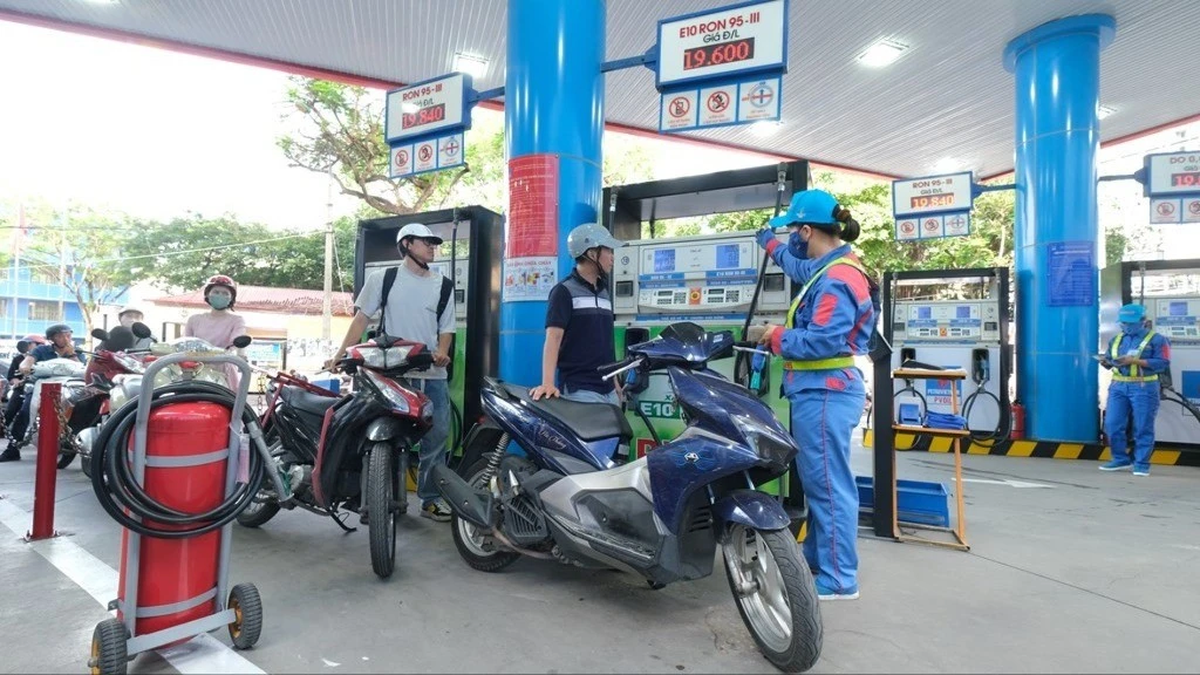
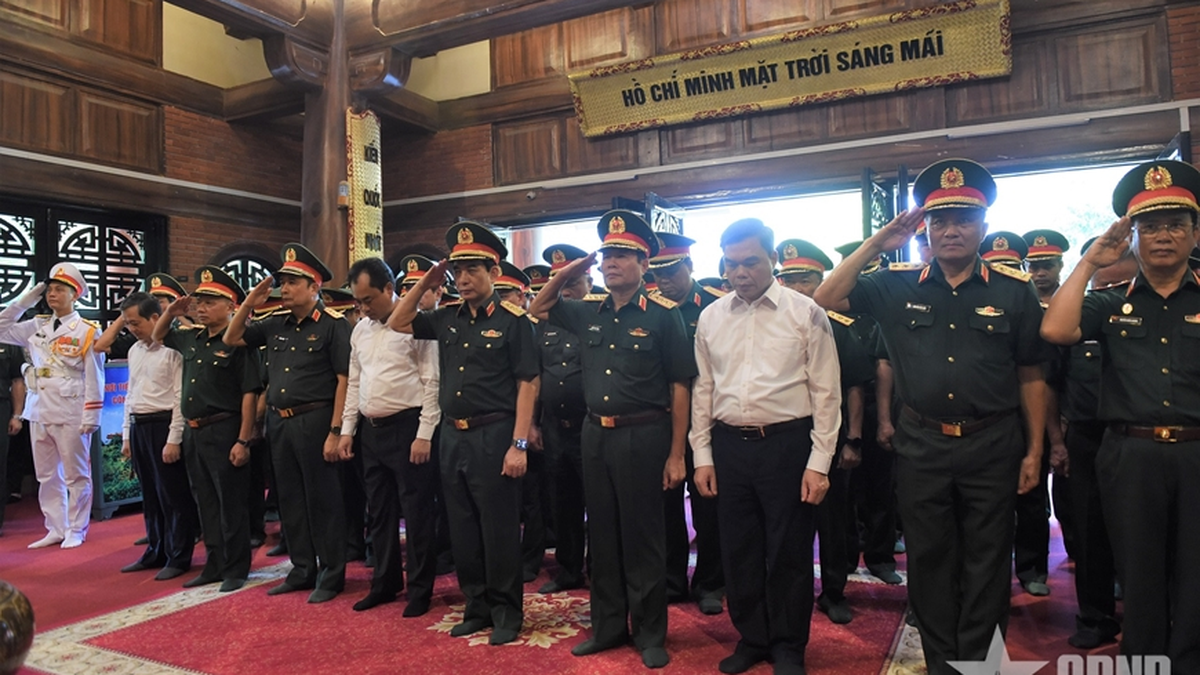
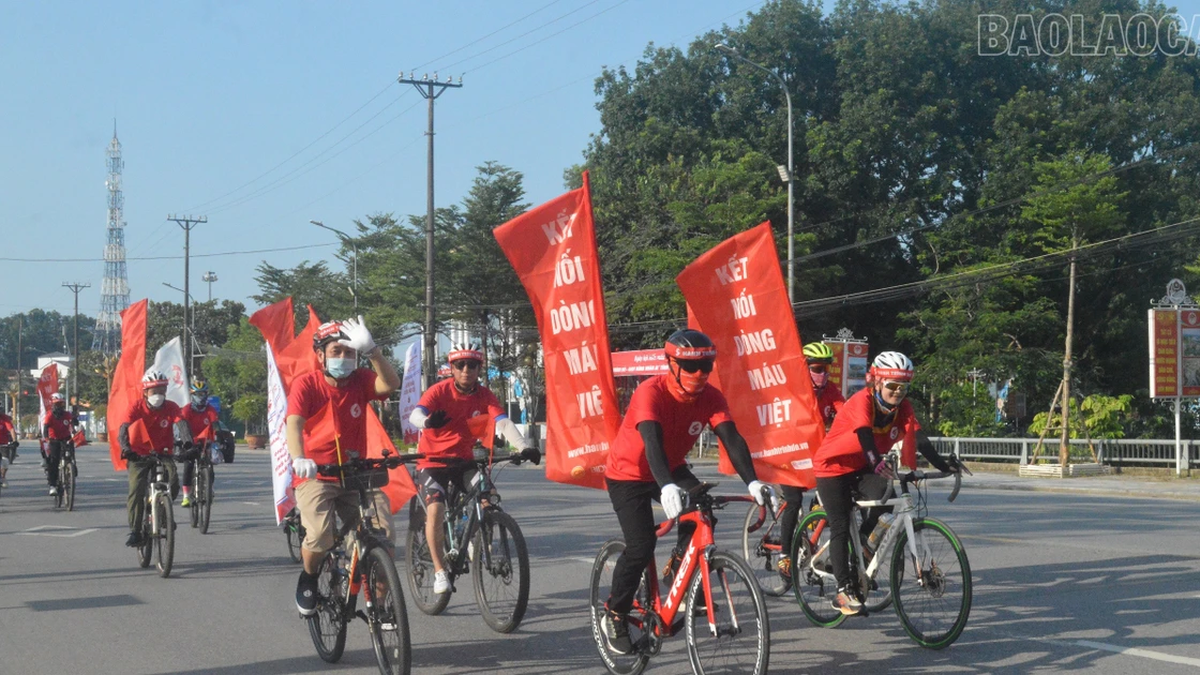
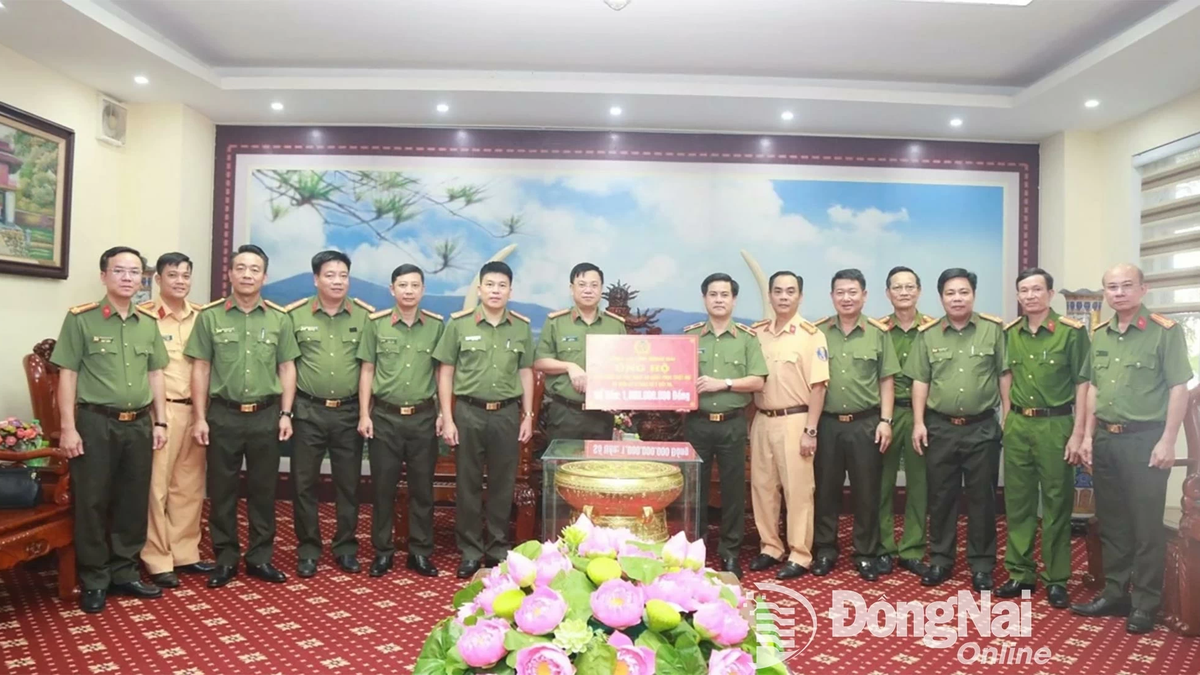
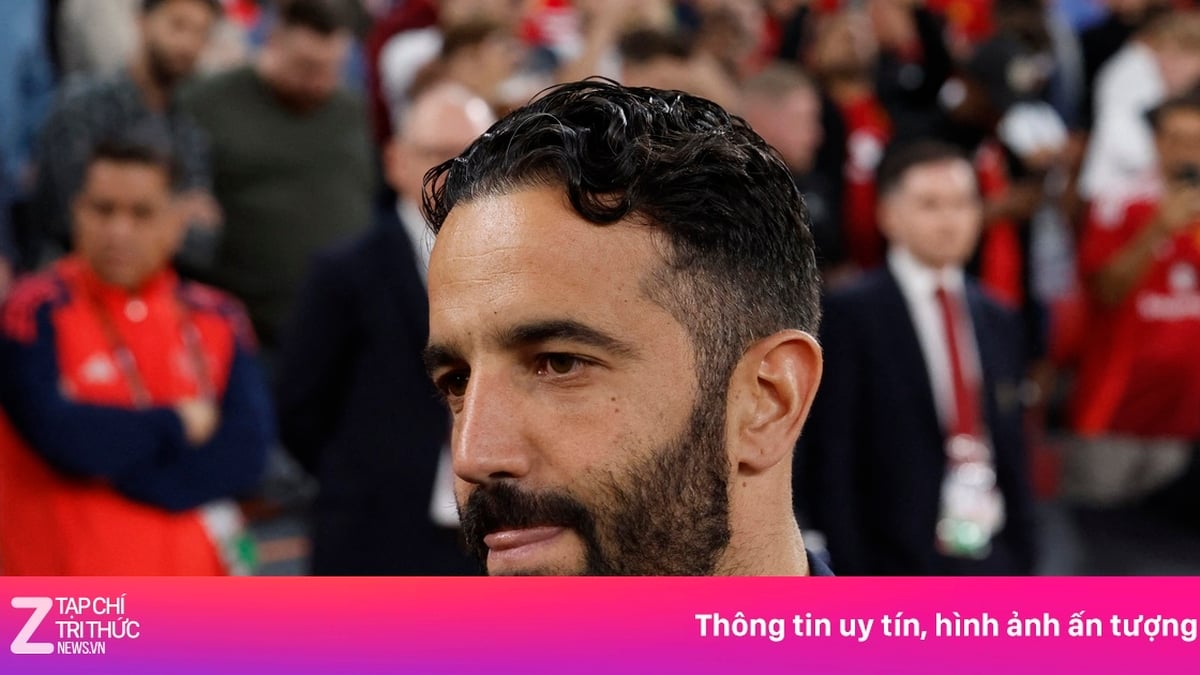

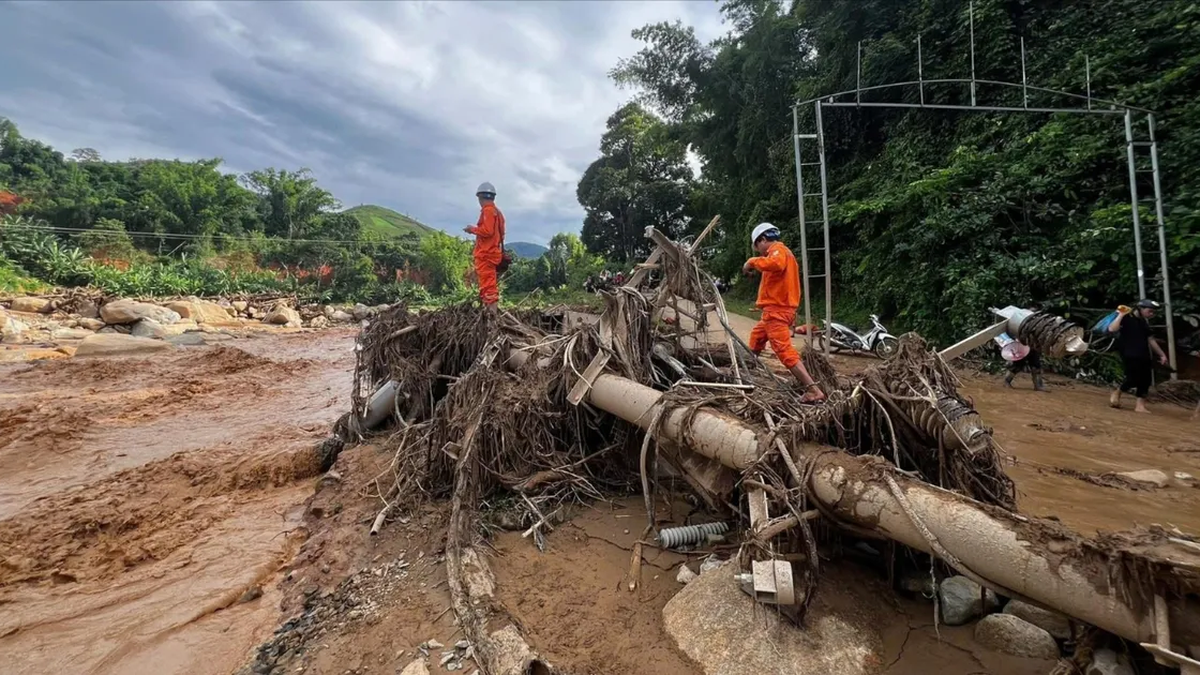





















































































Comment (0)